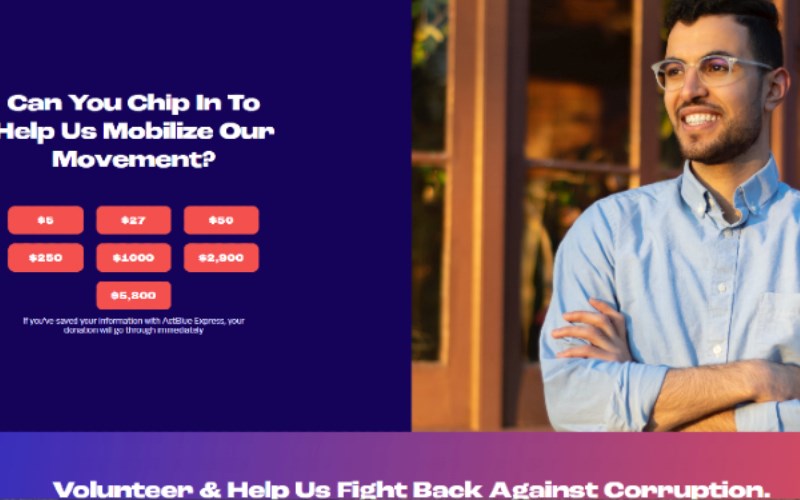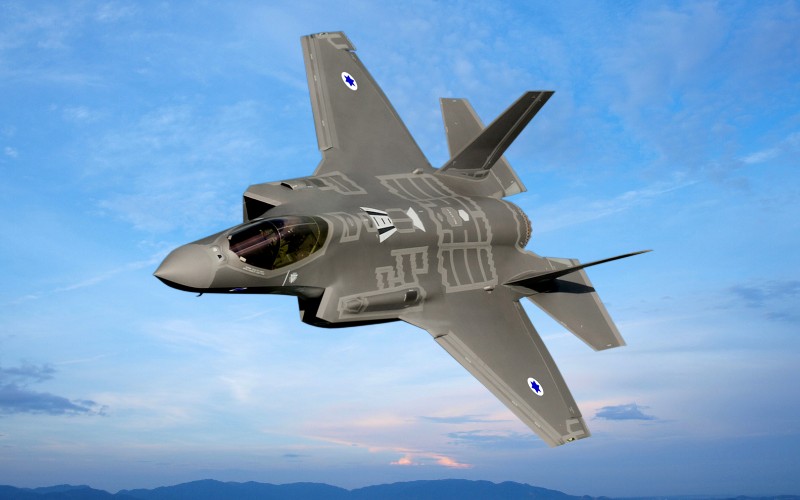Muad Hrezi, a self-described progressive candidate vying for a congressional seat in Connecticut, is not attracting much national attention in his longshot effort to unseat Rep. John Larson, a fellow Democrat. But the challenger is getting noticed by Ben Baird, director of Islamism in Politics Project at the Middle East Forum, over his donor base.
One interesting fact, Baird says, is that Islamist candidates are very often not financially backed by people from their own state or district. Instead, their support typically comes from outside the state they represent or plan to represent.
“When looking at just the money [Hrezi] received in 2021,” Baird determines, “it was only 72 of 252 individual donations that came from Connecticut residents.”
If the Democrat challenger is not being funding by Connecticut supporters, who then is helping him?

What’s more, some of his donors tie him to the Libyan Muslim Brotherhood, Baird explains. It’s not unusual for people in politics or public figures to be related to people who have ties to the Muslim Brotherhood, because the links are generally distant, he says.
“[But some of his supporters] are card-carrying members of the Libyan Muslim Brotherhood, which by the way, is a more violent branch of the Muslim Brotherhood,” according to Baird.
Those individuals are public officials who once served in Libya’s government who are involved with the Muslim Brotherhood or other similar Islamist groups. Two of them, Baird tells AFN, are designated as terrorists by a secular-based political party in that nation.
In addition, Hrezi is closely connected to a nonprofit known as the Libyan American Alliance (LAA), Baird identifies.
“For lack of a better word,” Baird says, “they’re basically a lobbyist organization seeking change in Libya.”
One of their main goals, he says, is opposing Gen. Khalifa Haftar and the Libyan National Army because Haftar is very anti-Islamist and therefore an enemy.
Hrezi and his congressional campaign are mentioned in a New York Post story that named numerous Democrats who have accepted campaign donations from Emadeddin Muntasser, an Islamic businessman who was convicted in 2008 for his ties to an Islamic charity that financed Islamic terrorists.
On the surface, Baird admits that Hrezi may look like your average progressive candidate, but people “need to take a look” at the challenger and begin asking about the donors and the candidate’s own foreign policy views.







